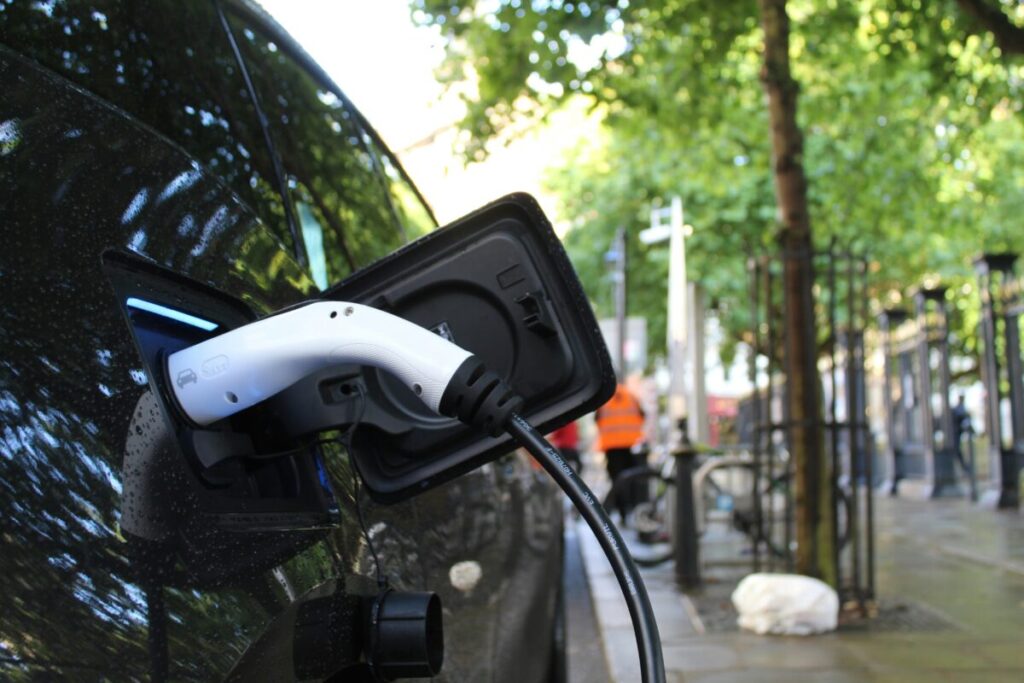The share of battery electric vehicles (BEVs) in the UK secondhand car market rose to a record-breaking 2.5% in 2024.
According to figures from the Society of Motor Manufacturers and Traders (SMMT), sales of secondhand BEVs rose 57.4% to a record 188,382 in 2024, and the market share of secondhand plug-in hybrids and hybrids also rose, up 32.2% to 92,120 units and 39.3% to 306,114 units respectively.
SMMT said the growth in secondhand EV sales aligned with the new car market and shows the increasing demand and choice across the sector for new and used EVs.
However, it notes this growth cannot be taken for granted. In April this year, much to the chagrin of the industry, BEVs registered in the new car market will be subject to vehicle excise duty (VED) and the expensive car supplement (ECS), upping ownership costs. Previously, tax breaks afforded to owners of new BEVs helped to incentivise uptake by offsetting the comparably high upfront cost of an EV.
For SMMT, exempting BEVs from the ECS would remove a disincentive for new and used EV buyers.
Mike Hawes, SMMT chief executive, said: “Record sales of secondhand EVs demonstrate strong appetite for these cutting-edge cars at lower price points. Ensuring ongoing growth, however, means maintaining that affordability, along with supply, which requires meaningful fiscal incentives to stimulate consumer demand for new EVs and removing the VED expensive car tax disincentive that risks dragging down used EV affordability for years to come.”
New EV market breaks records in 2025, ZEV mandate targets attainable
In the best-ever start to a year, 27,700 battery EVs—21.5% of the market—were registered in January 2025. Ben Nelmes, the CEO of New Automotive, which compiled the figures showing that EVs had their strongest start to any year on record in 2025, commented that “any sudden changes to the rules could put the brakes on all the progress the UK has made”.
SMMT figures released earlier this month showed that petrol car registrations dropped 15.3%, taking just over half of the new car market in January this year. The trade association noted that the potential introduction of ECS comes “at the worst time” for the industry and risks undermining the goal of a mass market transition to electric vehicles.
Hawes said that EV demand is growing, “but not fast enough to deliver on current ambitions”.
The ambitions he referred to are set out by the UK government’s zero emissions vehicle (ZEV) mandate that requires increasing numbers of all new cars sold to be electric until 2035, when sales of new petrol and diesel vehicles will be banned entirely.
SMMT’s interpretation of this has seen the organisation stoke fears that automotive manufacturers cannot meet the mandated targets—in terms of total number of cars sold, targets have been missed, but a mitigation written into the mandate, highlighted by the Energy & Climate Intelligence Unit (ECIU), means that on ‘credits’ earned through the sale of low emission (but not pure BEV) vehicles bumps almost all car manufactures over the ZEV mandate benchmark.
Indeed, in its analysis of the market so far this year, New Automotive suggested that firms will earn “bucketloads” of credits from selling lower polluting petrol and diesel vehicles and hybrid cars, bringing down the actual needed market share of ZEVs to 23.1%, a figure that January was just shy of.






